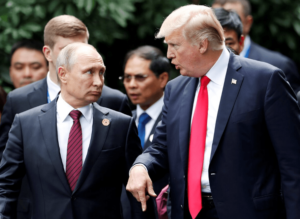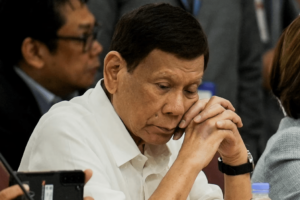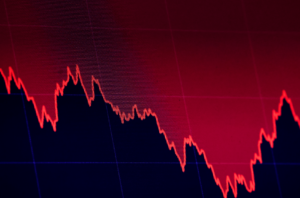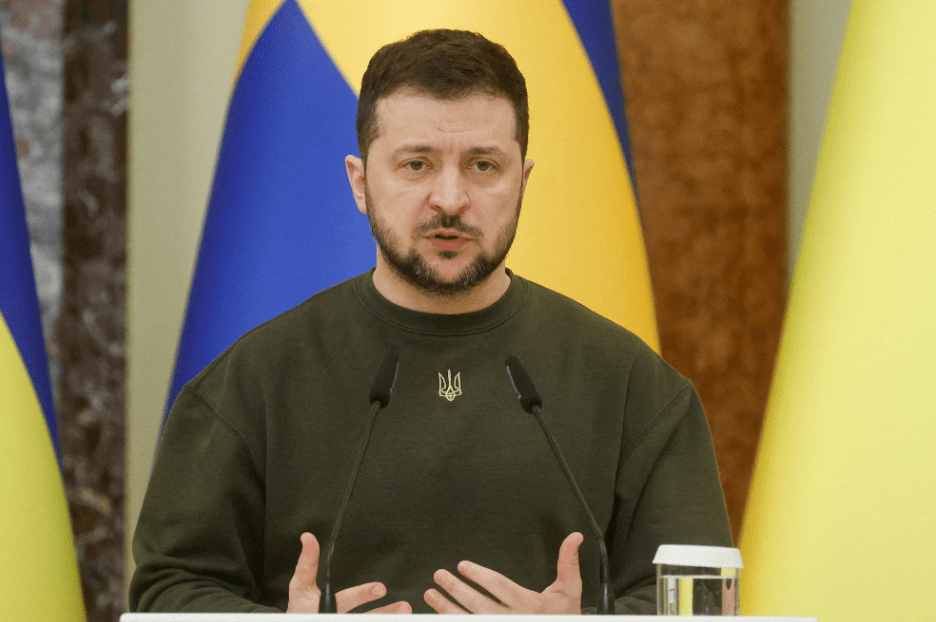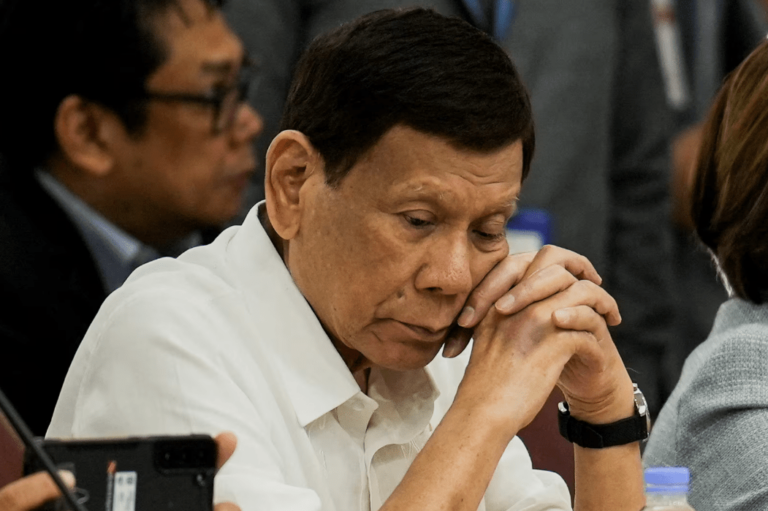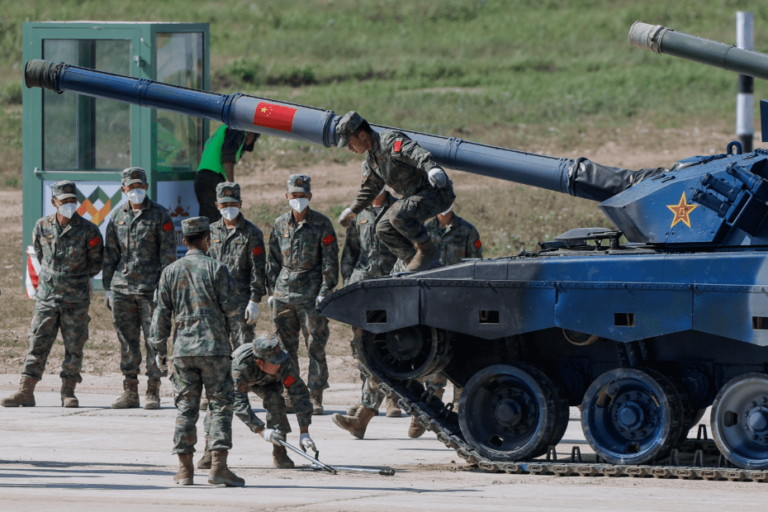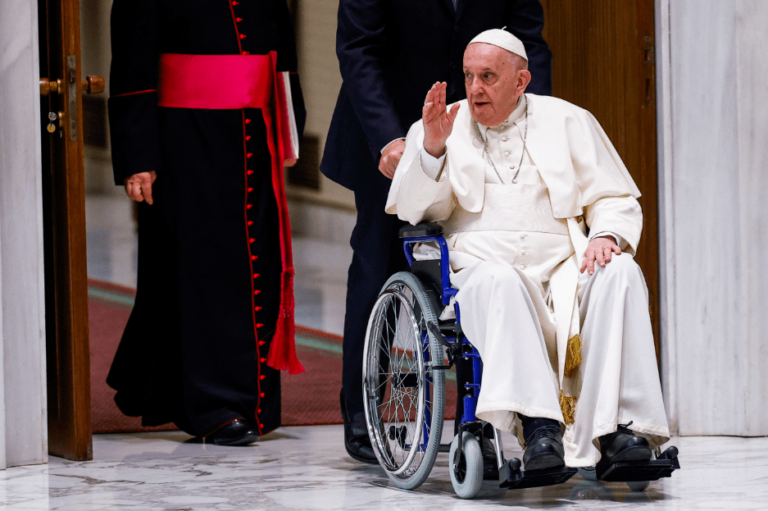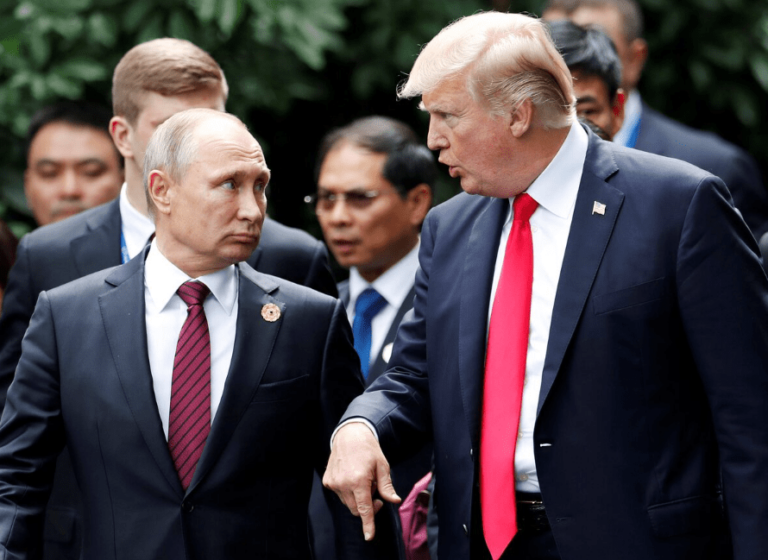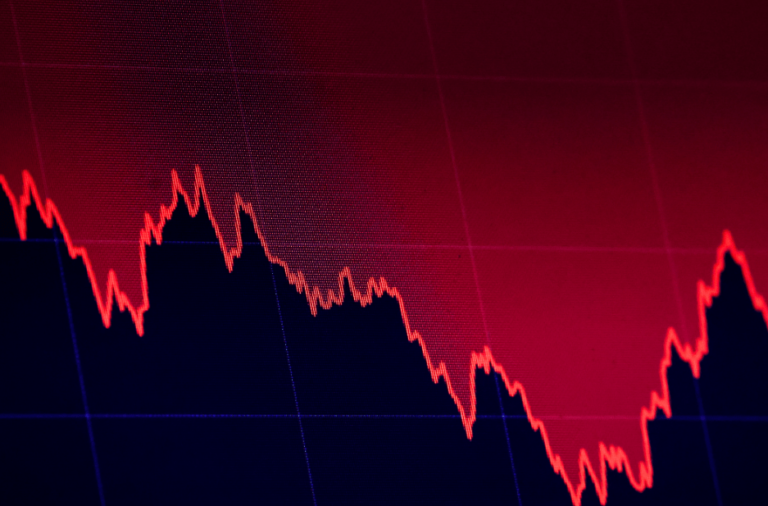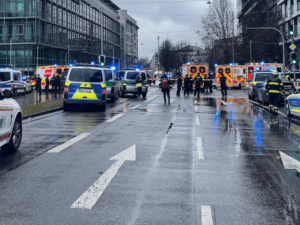As tensions with Russia persist, Ukrainian President Volodymyr Zelensky has called for the formation of a unified European military force, suggesting the continent can no longer rely solely on U.S. support. Speaking at the Munich Security Conference, he emphasized that Europe must take a more independent role in its own defense.
His remarks come amid shifting geopolitical dynamics, particularly following a phone conversation between former U.S. President Donald Trump and Russian President Vladimir Putin regarding peace negotiations. The discussion reportedly did not include European nations, raising concerns among EU leaders about their exclusion from crucial diplomatic efforts.
Growing Calls for a European Army
The idea of a European defense force is not new. French President Emmanuel Macron has previously advocated for such a military initiative, arguing it would reduce dependence on the U.S. NATO, meanwhile, continues to adjust its strategy in response to Russia’s ongoing invasion of Ukraine, which nears its third anniversary.
Zelensky stressed that past alliances should not be taken for granted, warning that U.S. foreign policy priorities may shift. He urged European nations to prepare for scenarios in which the United States may be less engaged in the region’s security.
U.S. Stance and NATO’s Role
Statements from U.S. officials indicate a recalibration of defense strategies. U.S. Defense Secretary Pete Hegseth referred to Russia’s invasion of Ukraine as a “reset” for NATO, emphasizing the need for a more assertive and self-reliant European defense framework.
Despite ongoing discussions, Ukraine’s potential NATO membership remains uncertain. Trump and Hegseth have both suggested that Ukraine joining the alliance is unlikely, and returning to pre-2014 borders may not be a realistic goal.
Diplomatic Challenges and European Reactions
Zelensky expressed concern over Russia’s diplomatic approach, particularly Putin’s apparent strategy of engaging in one-on-one discussions with the U.S. The Ukrainian leader cautioned that such tactics risk sidelining key European stakeholders.
European leaders, including German Chancellor Olaf Scholz and Polish Prime Minister Donald Tusk, echoed similar concerns, asserting that any long-term resolution involving Ukraine must include European input. Tusk warned that if Europe does not formulate its own plan, “other global players will decide our future for us.”

